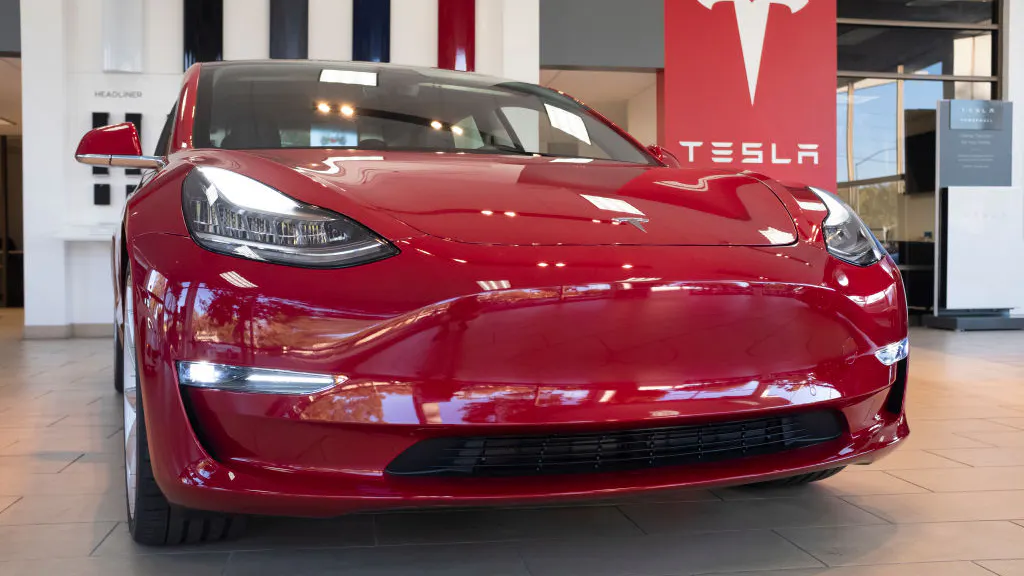Tesla only bore 1% of the blame for the death of a teen in a fiery car crash, but is still on the hook for $10.5 million, a Florida jury determined Monday.
Barrett Riley, who was just 18 when he crashed his Model S sedan into a concrete wall at 116 mph in 2018, died at the scene. One teen passenger also died, while the third survived. His parents sued the electric carmaker when they learned it had deactivated a governor they had installed to prevent their son from speeding.
“Well, I guess we shouldn’t have taken the limiter off,” Tesla owner Elon Musk allegedly told James Riley in a phone call, according to Riley’s testimony.
Jurors found Tesla negligent for deactivating a speed limiter that the Rileys had installed to keep their son Barrett from driving too fast. Barrett Riley was driving at 116 miles per hour (187 kph), on a curve with a posted 25 mph speed limit
— M Zack Ross (@sparklite8) July 20, 2022
Barrett Riley had been cited months earlier for driving 112 mph and his parents were concerned about his driving enough to have the device installed, according to trial testimony. But at trial, it emerged that the limiter, which made it impossible to exceed 85 miles per hour, was disabled by a Tesla technician, who the company said Barrett Riley “tricked” into performing the task, according to Reuters.
The Rileys also claimed that the lithium-ion battery, which ignited in the crash, was defective and contributed to their son’s death.
The Fort Lauderdale jury found Barrett Riley 90% responsible, his father 9% to blame and the automaker just 1%, yet awarded James Riley $4.5 million and Jenny Riley $6 million.
Tesla’s lawyers did not immediately respond on Tuesday to requests for comment.
Riley’s parents said the crash occurred after Tesla, without their knowledge, disabled a device capping the Model S’s speed at 85 mph and that the crash would likely have been fatal even if the limiter was working.
“A speed limiter is not a safety device,” Tesla attorney Vince Galvin said during the opening arguments. “Is it all right if they crash at 85mph instead of 116mph?”
In a statement, the Rileys’ attorney Curtis Miner said they were pleased with the negligence finding, and hoped the case would help prevent other accidents and save lives.
Although it was not at issue in Barrett Riley’s fatal crash, the Tesla autopilot feature has prompted other lawsuits stemming from crashes.
Most recently, a California family retained a prominent personal injury law firm to represent them in the wake of a crash that left two dead after their 2015 Tesla slammed into the back of a freight truck near Gainesville, Florida.

.png)
.png)
.png)

